Are Natural Skin Care Products Better For My Skin?
With a background in orthodox medicine, holistic alternatives and cosmetic formulating, I can tell you that ‘natural doesn’t always mean better for you’. In this three part series I am going to give you several examples that include medicine, haircare, and skincare and I’ll be exposing some of the products that are classed as ‘natural’ that might be doing you harm. This article focuses on skincare and aims to answer the question, “Are natural skin care products better for my skin?”
Disclaimer: Some of the items discussed in this article are condition specific and others will affect everyone. It is up to you to decide what is best for you and what information you choose to follow from this article.
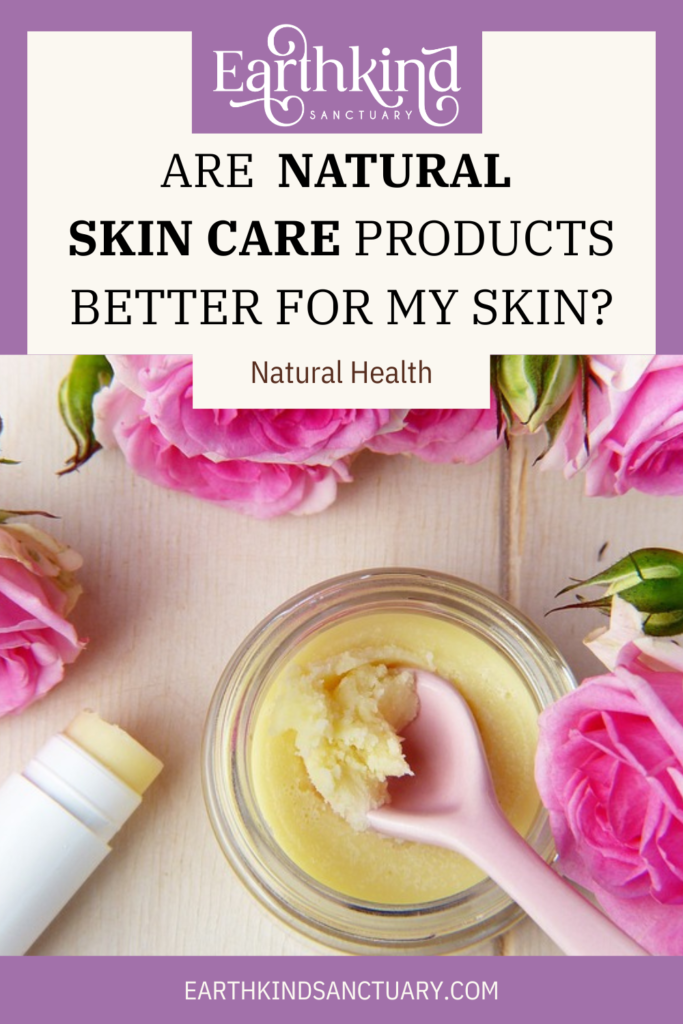
PART 3: SKINCARE
Understanding ‘Natural Products’
THE HARSH REALITY OF BUYING ‘NATURAL’ COMMERCIAL PRODUCTS
By ‘Commercial Products’ we mean mass manufactured laboratory based formulating and distribution in comparison to more casually made products such as those one might make in small handmade batches with fewer resources.
A ‘natural product’ formula must contain 95% upwards of natural ingredients. Many commercial companies will bulk out their ingredients with the first ingredient listed on their product (usually water). On average this ingredient takes up a massive 75-95% of the total formula. Need I mention water = ‘natural’. So if you have brought a commercial ‘natural’ product and the first ingredient is water, don’t be surprised if the only ‘natural’ ingredient in it is just that.
Products that do contain other quantities of ‘natural’ or ‘naturally derived’ ingredients are often NOT enough to render them helpful. In cosmetic products you usually need at least 2-5% of an ingredient for it to prove to be useful or effective. In some cases this is as much as 50-100%. (It’s important to note this isn’t always safe and if you put these quantities into your products they likely won’t pass safety testing). A good ingredient watered down by 50% is still pretty bad. In many commercial cases you’re looking at quantities as miniscule as 0.025%.
So… are non commercial ‘natural’ products any better?
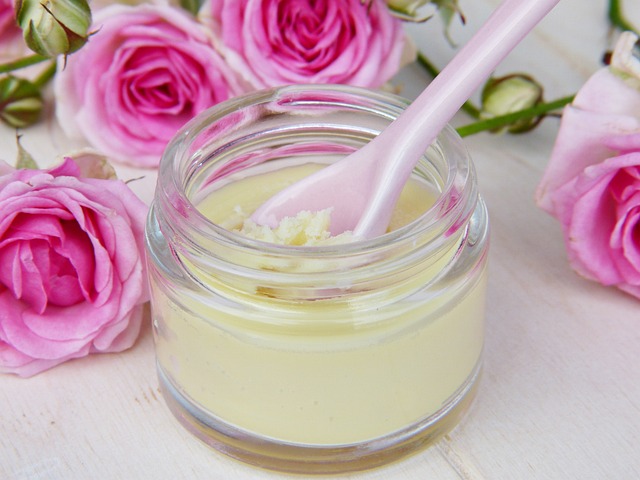
YES AND NO….Handmade natural products tend to be based on simpler ingredients that require far less knowledge and equipment to create a usable product. They tend to contain less water and more base ingredients such as butters, oils and waxes. This often makes people think they contain more ‘active’ ingredients but this isn’t necessarily true. It really depends on what you want your product to do.
BULK BASE INGREDIENTS VS ‘ACTIVE’ INGREDIENTS
BULK BASE INGREDIENTS
- Tend to be ingredients like Butter, Oil, Wax, Clays, Salts and Surfactants like soap.
- More chance of being naturally derived than active ingredients however, demand can lead to unethical cultivation and things like deforestation.
- Are often cheaper by quantity and much easier to source than active ingredients.
- Tend to be more general affects largely drying, moisturizing, protecting, cleansing, exfoliating.
- Found in larger quantities in non commercial products.
- More organic.
ACTIVE INGREDIENTS
- Tend to be ingredients that are high functioning activators, such as AHAs, BHAs, Retinoids, Niacinamide and Hyaluronic Acid.
- More likely to be synthetically reproduced but can still fall into the ‘natural product’ category due to quantities remaining under the 5% However it is important to note all of the above CAN be found in natural forms they are not UNNATURAL ingredients themselves.
- More expensive per gram/ml requires less to be affective.
- Tends to be more targeted and specific affects, targeting pores, deeper layers of skin, wrinkles, hydrating.
- More present in commercial products in complex combinations.
It’s important to note this is very generalised it all depends on which ingredients are used. Commercial products don’t tend to have as many raw ingredients in them. Non-commercial products may contain active ingredients but only when formulated by a skilled formulator. This is however, often in much less quantities than the complex blends in commercial products.
A note about UNNATURAL or synthetic based products
So as we have already mentioned anything that contains more 5% synthetic ingredients is not a natural product. It doesn’t mean its free of natural ingredients. Synthetic ingredients are not always bad and there are many natural ingredients that have to undergo a synthetic process. Synthetic ingredients are thought by many to have a higher causal rate of allergic reactions. However it is important to note that reactions and dermatological issues are dependent on the differences amongst individuals and some people may react just as badly or worse with natural ingredients. Infact, It’s been identified scientifically that plant extracts are the one of the biggest instigators of reactions and sensitivities to sunlight.
All over the internet and media, there are a lot of misconceptions and unjustified demonising of synthetic ingredients. Here is a really insightful article that highlights the importance of using synthetic ingredients for some individuals. American Medical Association 2019.
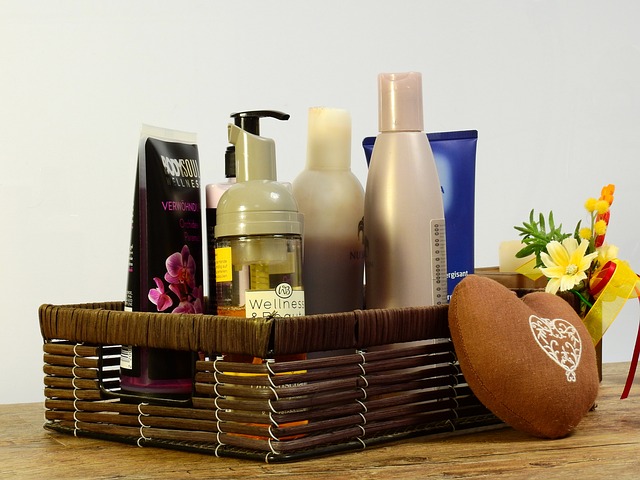
…OK BUT ARE NATURAL SKIN CARE PRODUCTS BETTER FOR MY SKIN?
This question requires a complicated answer.
What is better for your skin depends on your skin type and condition. In the future we will be uploading posts about different products for different skin types and conditions and you will be able to come back here for a link.
It also depends on the ingredients and quantity that are in a product be it natural or synthetic. Some dense and heavily moisturising products are not good for some skin conditions. Many individuals may respond badly to photosensitive chemicals in ‘natural’ citrus essential oils. Other individuals with a clinically weak skin barrier for example, will require intervention with synthetic ingredients. On the other hand if someone is not used to using synthetic products, they may react worse than someone who is.
The most important thing is that you have a good understanding of cosmetic ingredients, what they do and your own skin’s condition, as well as your own reaction to different ingredients. That way you can customise your skin care routine with the products that will suit you best. Then align that with your own morals and values. Find what works for YOUR skin and if you hold a value of ‘natural’ skin care then you can look out for more natural forms of the ingredients with the actions you need. We will be discussing cosmetic ingredients further in future posts.
Better Skin Care for YOU or The Environment?
A little saying to remember:
Natural doesn’t always mean safer, Unnatural doesn’t always mean bad and what’s better for your skin isn’t always better for the land. – Kayleigh, Founder EKS.
Don’t dismiss the benefits of both natural and synthetic ingredients. Like medicine there is balance. Holistic and apathic medicine both have their values and uses, just like natural and synthetically replicated ingredients. They both have a purpose and a need. Also due to manufacturing process and the way products are harvested some natural ingredients can be more harmful for the environment then lab created alternatives. In reflection EITHER process natural or synthetic may lead to toxic chemicals being released into the environment. When it comes to skincare environmental pollution is one of the biggest contributer of faster aging and skin damage. So you need to decide are your values going to be when it comes to choosing products.
Check out the other articles in this series – medicine – Haircare

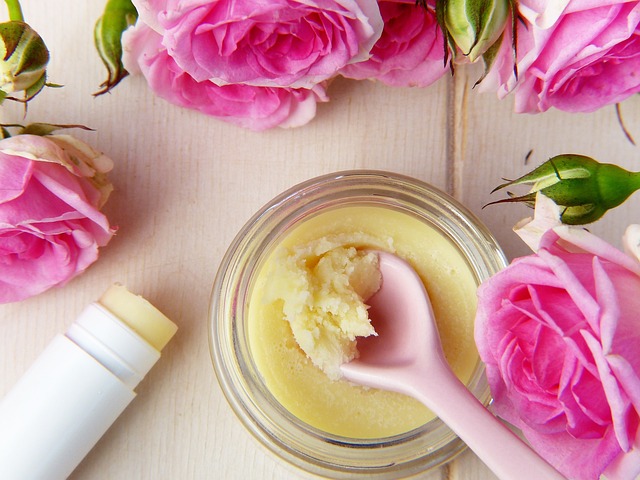

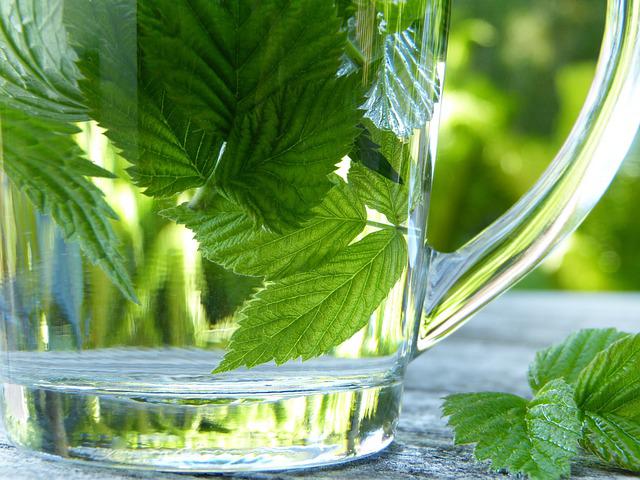

One Comment